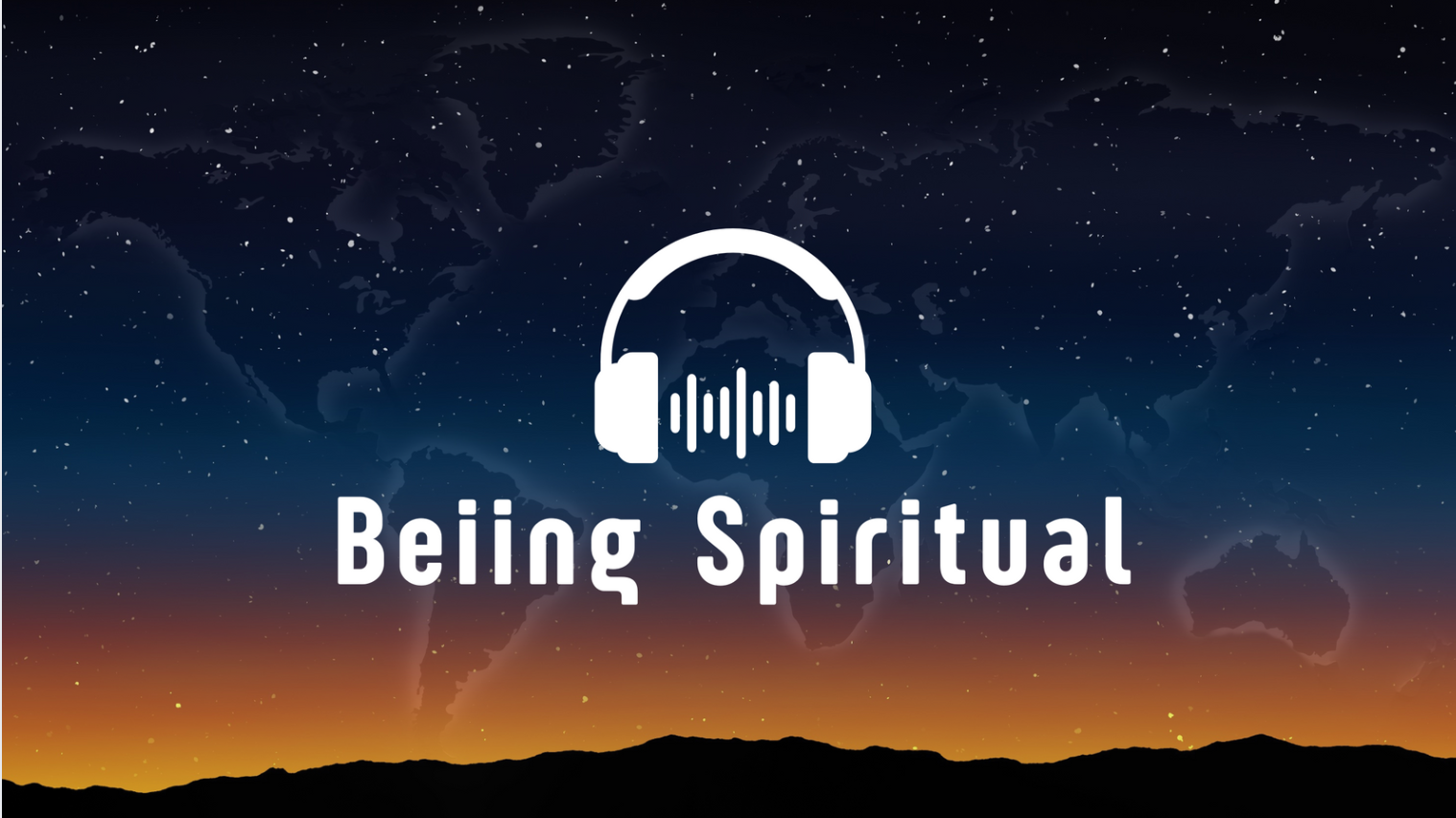🌸 Why the Four Noble Truths Matter
When Prince Siddhartha (later the Buddha) left his palace, he saw sickness, old age, and death for the first time. These sights shook him deeply. He realized that no matter how rich or powerful, everyone faces suffering.
His quest for answers led to enlightenment under the Bodhi tree. There, he discovered the Four Noble Truths, the foundation of Buddhism.
🕊️ The Four Noble Truths
The Buddha’s first teaching after his enlightenment was the Four Noble Truths. They are often described as a doctor’s approach: first identifying the problem, then finding its cause, showing that a cure is possible, and finally prescribing the path to healing. These truths are not abstract philosophy — they are practical insights into human life.
1. Dukkha — Life Involves Suffering
The first truth points to a reality we all experience: life contains suffering, stress, and dissatisfaction.
- Birth, aging, sickness, and death naturally bring pain.
- Even our happiest moments are temporary; they end in change, loss, or worry about losing what we love.
- Suffering is not a personal failure — it is part of the human condition.
Example: Owning wealth may bring comfort, but along with it comes fear of theft, loss, or change in fortune. Even joy is mixed with uncertainty.
Recognizing this truth does not mean life is only pain. It means we see clearly that everything we cling to is impermanent, and with that comes unease.
2. Samudaya — The Cause of Suffering
The second truth explains why suffering arises. It does not come from punishment by gods or external powers. The Buddha taught that its roots lie within us.
- Tanhā (craving): the endless wanting — for pleasure, possessions, recognition, or escape from pain.
- Avijjā (ignorance): not seeing things as they truly are, especially impermanence, the lack of a fixed self, and the nature of suffering.
- Because of craving and ignorance, we cling to people, things, and identities as if they will last forever. When they change or end, we suffer.
This truth asks us to look honestly at our habits of attachment and see how they bind us to disappointment.
3. Nirodha — The End of Suffering is Possible
The third truth brings hope. Just as a fire goes out when it runs out of fuel, suffering ends when craving and ignorance are removed.
- Liberation from suffering is possible.
- This state is called Nirvana — a deep peace beyond grasping and clinging.
- Nirvana is not a place but a way of being, free from the cycle of dissatisfaction.
The Buddha’s message is not pessimistic. It is realistic: suffering exists, but it also has an end.
4. Magga — The Path to End Suffering
The fourth truth is the practical way to end suffering. The Buddha offered not just a diagnosis, but a cure: the Eightfold Path.
This path is a training in wisdom, ethics, and meditation. It is not a set of commandments, but a guide to live more mindfully and compassionately.
- Right View — understanding the Four Noble Truths and the reality of impermanence.
- Right Intention — cultivating intentions of kindness, compassion, and letting go.
- Right Speech — speaking truthfully, kindly, and without harm.
- Right Action — acting ethically, avoiding harm to living beings.
- Right Livelihood — choosing work that supports, rather than harms, others.
- Right Effort — training the mind to abandon unwholesome states and cultivate wholesome ones.
- Right Mindfulness — being fully aware of body, feelings, and mind in each moment.
- Right Concentration — developing deep states of meditation that calm and clarify the mind.
The Eightfold Path is not meant to be walked in a single step. It is a gradual training that anyone can begin, wherever they are in life.
🌺 Closing Reflection
The Four Noble Truths are often described as the heart of the Buddha’s teaching. They invite us to look deeply at our own lives, recognize the roots of suffering, and see the possibility of peace. The Buddha’s path is not about blind belief, but about practice and direct experience.
They remind us:
- Life has suffering.
- Suffering has a cause.
- Suffering can end.
- There is a path to that end.
As the Buddha himself said:
“Just as the great ocean has one taste, the taste of salt, so my teaching has one taste — the taste of freedom.”





Leave a Reply